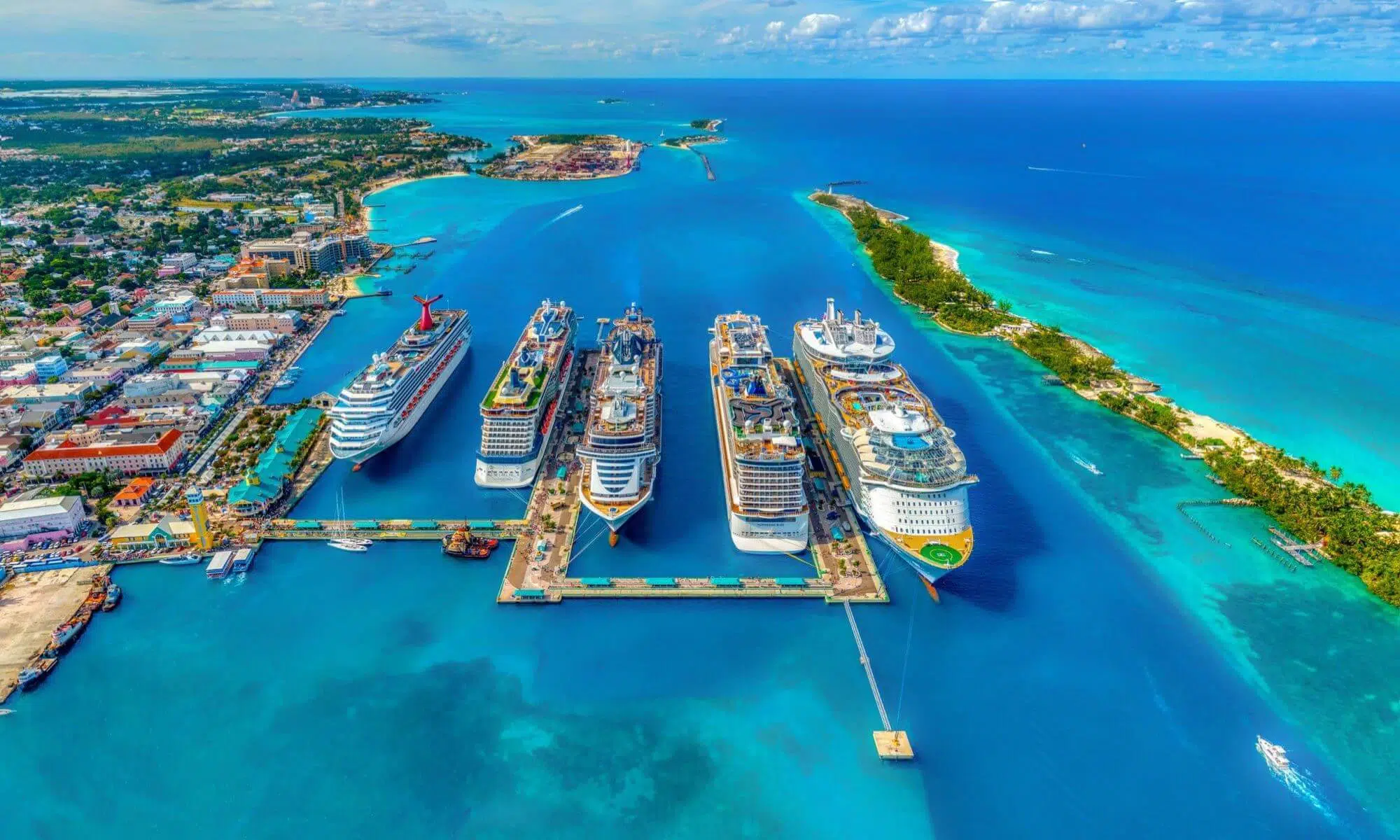The Bahamas relative wealth — it’s the third-richest country in North America after Canada and the US — and stable economy make it an attractive option for investors looking for opportunities outside their home countries.
Whether you plan to spend some of your time residing in the country or want to put your money to work there, investing in The Bahamas has the potential to be a very lucrative proposition.
In this post, I’ll explore some investment opportunities in The Bahamas. We’ll examine different types of opportunities:
- Investment funds
- Property (commercial and rental)
- Alternative opportunities
We’ll look at how to take advantage of them and what caveats to keep in mind before you invest. Let’s get started!
Bahamas Investment Funds
A number of international banks have a presence in The Bahamas, making investing here a relatively safe option. The Bahamian government strongly encourages both foreign and domestic investment and works closely with the private sector to maintain a hospitable climate for investors.
The Investment Funds Act of 2003 (and the regulations associated with it) regulate investment funds in The Bahamas, under the watchful eye of the Security Commission of The Bahamas. Under the IFA, the Bahamas investment authority has divided investment funds into four categories:
Professional Funds
Investment in these funds is restricted to accredited investors only. If you are not part of a registered Bahamian trust, bank or insurance company, you’ll need to establish you have an annual income of over $200,000 or net worth of over $1 million to access these opportunities.
“SMART” Funds
SMART stands for “Specific Mandate Alternative Regulatory Test” funds. This category is more flexible, and the Commission prescribes different requirements for various sub-categories of fund that fall under the SMART umbrella.
Standard Funds
The Standard Fund category is the most strictly regulated in The Bahamas. All funds in this category must have a license from the country’s Security Commission. Funds in this group don’t satisfy the requirements of other categories — hence their strict regulation.
Recognized Foreign Funds
This category is exactly what it sounds like. Funds with equity interests listed (and in good standing) on another approved security exchange do not need to be licensed under the Investment Funds Act.
Investment Funds: What You Should Know
The Bahamian market moves at a much slower pace than, for example, the New York Stock Exchange. Be prepared to hold on to investments for a while — overnight windfalls are rare.
There are five broker-dealers on the exchange, (CFAL, Leno Corporate Services, FG Capital Markets, Royal Fidelity and Colonial Group) all of whom can provide you with information on the market, opening minimums and more.
Bahamas Property Investment
Investing in The Bahamas real estate market is a very easy way to establish a presence in the country while also turning a profit. The Bahamian government puts very few restrictions on foreigners owning property — in fact, they are putting significant effort into establishing the country as a welcoming destination for investors.
The government of The Bahamas offers foreign land-owners:
- Access to government-owned land
- Concessions on border taxes on certain building materials, equipment and supplies
- Property tax exemptions
- Unrestricted repatriation of profits
There are three main types of Bahamas investment properties for you to choose from: commercial property (purchased for development), residential property (purchased for appreciation) or rental property.
Commercial Property
If you’re looking to invest in commercial real estate in The Bahamas, you’ll likely want to stick to properties on one of the two larger islands: New Providence (taken up entirely by the capital city of Nassau) or Grand Bahama (which is home to several cities).
Commercial property in The Bahamas is taxed at a rate of 1% per annum for the first $500,000 in value and 2% per annum for anything exceeding $500,000.
Property Appreciation
If you’re at all inclined to spend any time in The Bahamas, buying residential property and waiting for it to appreciate can yield significant returns. Properties on Nassau and Grand Bahama have increased 10% in value each year since the 1990s. Privately owned islands require a more substantial upfront investment, but with greater rewards — they’ve increased 100% in value each year for the last two decades.
If you plan to reside in your Bahamian property beyond the 90 days granted by a tourist visa, you’ll need to explore residency options. Fortunately, as a homeowner in The Bahamas, you can apply for a Home Owners card, which allows you to move freely in and out of (and around) the country.
Rental Property
Investing in property to rent out is another great way to establish a presence in the country. There is no tax on rental income in the country, and the Bahamian legal system favors landlord rights over those of tenants.
A few things to keep in mind if you plan to rent out a home in The Bahamas:
- There are two types of lease in The Bahamas: gross (landlord covers all expenses associated with the property) or net (tenant is responsible for taxes, maintenance, etc.)
- Most landlords in The Bahamas ask for first month, last month and a one-month security deposit upfront
- Most Bahamian rental properties are furnished; adjust your price accordingly
- Rent prices vary based on both location and property size and amenities; research carefully
Other Investment Opportunities in The Bahamas
If investment funds or real estate don’t pique your interest, there are still plenty of other options for Bahamas investments. That said, the Bahamian government does restrict some local and international business categories to Bahamian citizens.
Don’t fret; if you are not a citizen, you can still take advantage of opportunities in:
- Resort development
- High-end condo, timeshare, and vacation home development
- IT and data services
- Light manufacturing for export
- Banking and financial services
- Captive insurance
You may need to obtain citizenship — or at very least, permanent residency — if you plan to invest in any of the following industries:
- Wholesale or retails
- Real estate or property management
- Newspaper or magazine publication
- Advertising or public relations
- Security services
- Construction (including building supplies)
- Cosmetic services or beauty salons
- Commercial fishing
- Servicing of appliances or vehicles
- Public transport
- Landscaping
It’s important to note that you are permitted to engage in wholesale distribution of any product you produce within The Bahamas, regardless of citizenship status.
Ready to Start Investing in The Bahamas?
If you’ve made it this far, you’re probably ready to start investing in The Bahamas!
Hopefully, this article has provided you with a healthy baseline understanding of what to expect as an investor in The Bahamas. There are many options open to you — you’re only limited by your own resources and comfort level.
Not sure about how to get started? Whether you want to get into investment funds, real estate, or one of the myriad of other opportunities available to you in The Bahamas, I’m always happy to help.
Please feel free to contact me at any time to discuss your questions or concerns about investing in The Bahamas.


